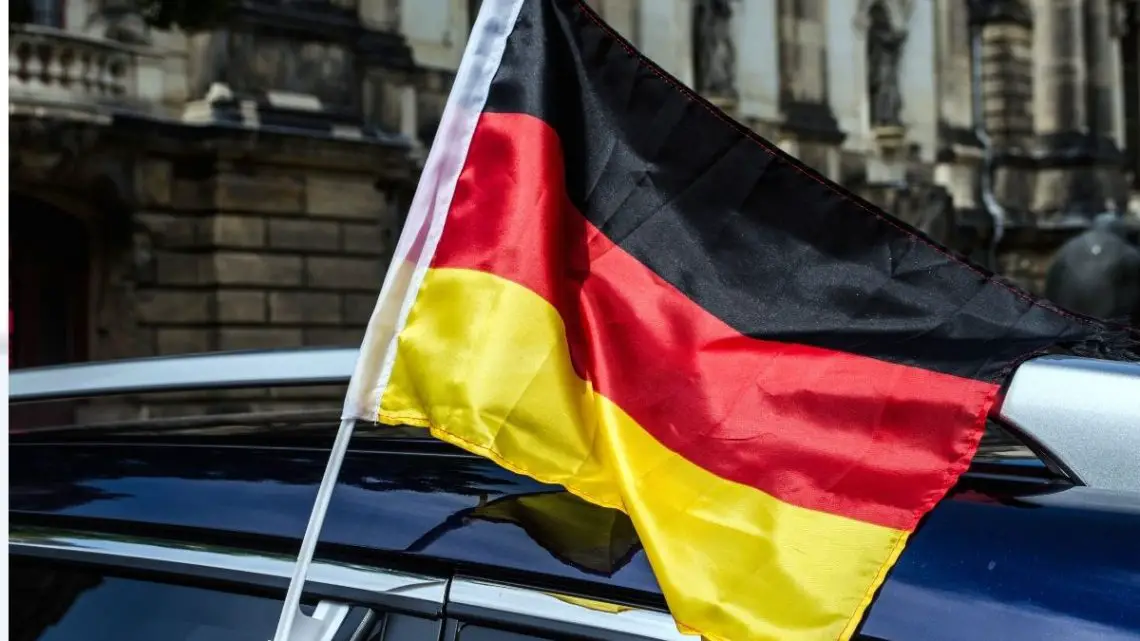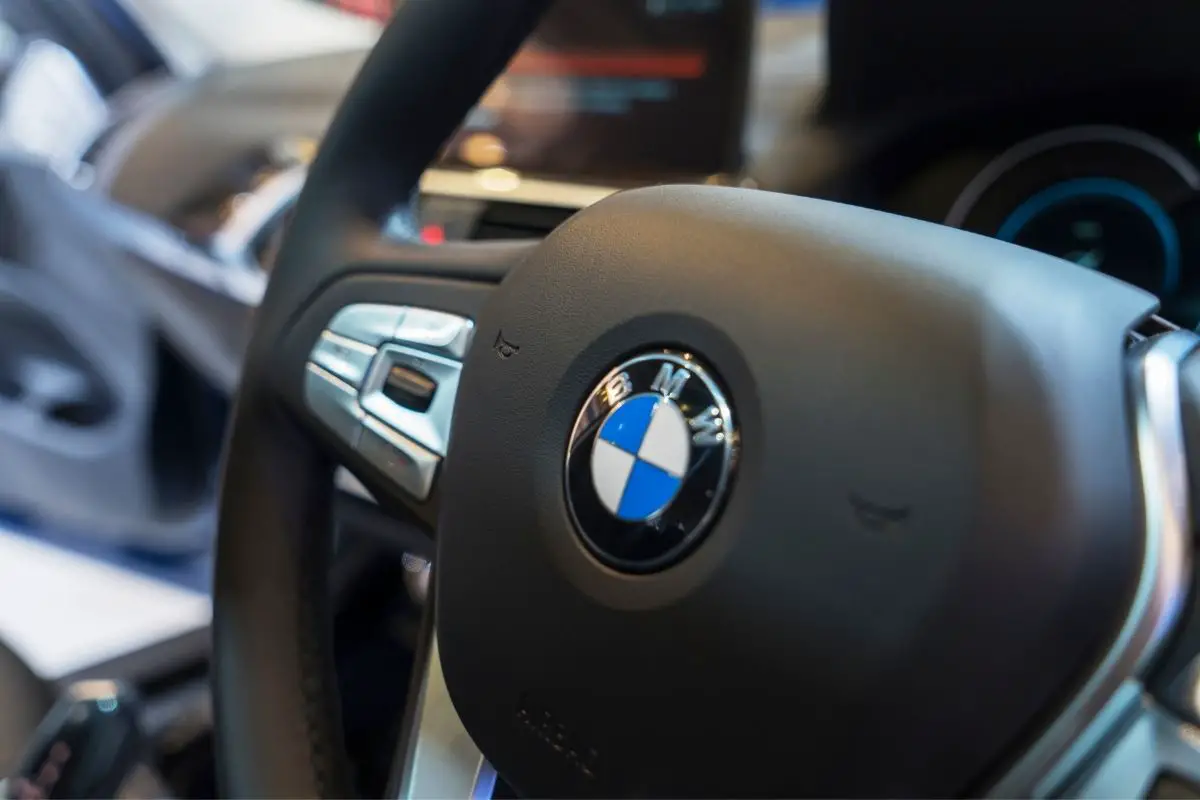
Germany’s auto industry places spotlight on hydrogen fuel cars
September 28, 2021Though battery electric remains the top focus, H2 is now being taken extremely seriously.
Even as most automakers place the majority of their focus on battery electric vehicles, in Germany, hydrogen fuel cars are becoming rising stars.
As auto giants seek to leave fossil fuel behind, H2 passenger vehicle prototypes are on their way.
Among the major German automakers currently developing hydrogen fuel cars are BMW (ETR stock symbol BMW) and Audi (stock symbol AUDVF). Both companies are also continuing their focus on battery electric models, but clearly see H2 as offering real potential in the transition away from fossil fuels to meet climate targets.
The automakers are developing more than one type of alternative fuel powered vehicle in order to hedge their bets, according to a recent Reuters report. Though the main focus may be on battery electric vehicles, the automakers aren’t willing to bet their entire futures on the success of that choice. Should political preferences shift toward H2, they are determined to be ready with their own zero-emission technologies and models using that fuel.
The power of the German auto sector is substantial and could boost the push to hydrogen fuel cars.
Germany as a whole is already investing billions into H2 in sectors such as chemicals and steel. The zero-emission fuel is considered central to the company’s efforts to meet its climate targets. Moreover, with Sunday’s federal elections, automakers wanted to be ready with a green plan in place no matter who the winner was and what alternative energy the government was to prefer moving forward.
BMW is far from being a newcomer to H2 among Germany’s automakers. It has been working with this technology for years and has announced its intentions to have a model ready for mass market by about 2030. That carmaker has been keeping a close watch on policies throughout Europe and China and has had a solid focus on the latter – the largest car market in the world – which has been increasingly looking to H2 to reduce the emissions coming from its roads.
BMW’s hydrogen fuel car prototype was based on its X5 SUV. The project to develop that H2-powered vehicle was partly funded by the German government.


 With over 15 years of reporting hydrogen news, we are your premier source for the latest updates and insights in hydrogen and renewable energy.
With over 15 years of reporting hydrogen news, we are your premier source for the latest updates and insights in hydrogen and renewable energy.
German car makers are catching up others such as Toyota and Hyundai who have had hydrogen-electric cars available for several years. The market for hydrogen powered cars, especially larger vehicles such as SUVs will grow as consumers realise the advantage of a hydrogen-electric powered car that can be refilled in the same time as a petrol or diesel vehicle, avoiding a long wait to recharge a battery only EV, or for those owners who do not have a driveway to install a charging point. As the vehicle weight increases and the working range required increases, hydrogen electric power is increasingly more advantageous, especially for heavy goods vehicles, trains and ships. While the volumetric energy storage capacity of batteries is increasing, the higher the energy density the more cooling a battery needs.